
Article
Gene-Edited Monkey Clones Stir Excitement and Debate
Genetically identical primates offer the best models of human disease, but raise ethical issues.
Nature,
2019
Recommendation
Animal models have been indispensable in medical research in enhancing an understanding of how diseases develop and progress, and in formulating and testing drugs. But their utility may be coming to an end. Mice are not men and cannot serve as accurate models of complex human conditions like mental illnesses. China has used gene-edited monkeys to serve as disease models and has gone on to clone the mutant monkeys so researchers can work with genetically identical populations. They intend to create more to simulate a variety of different conditions. The article will engage and inform anyone concerned with the ethics of cutting-edge science and medicine.
Summary
About the Author
David Cyranoski is the Asia-Pacific correspondent for Nature magazine.
By the same author
Article
Article
Learners who read this summary also read
Article
Book
Book
Article








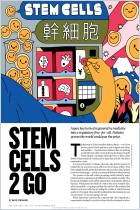
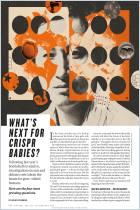
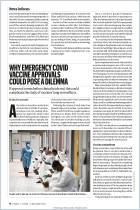
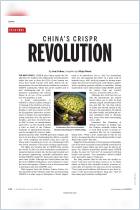
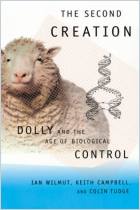
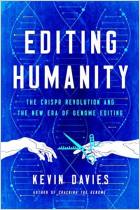
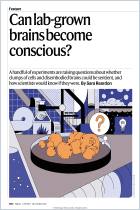




Comment on this summary or Начать обсуждение